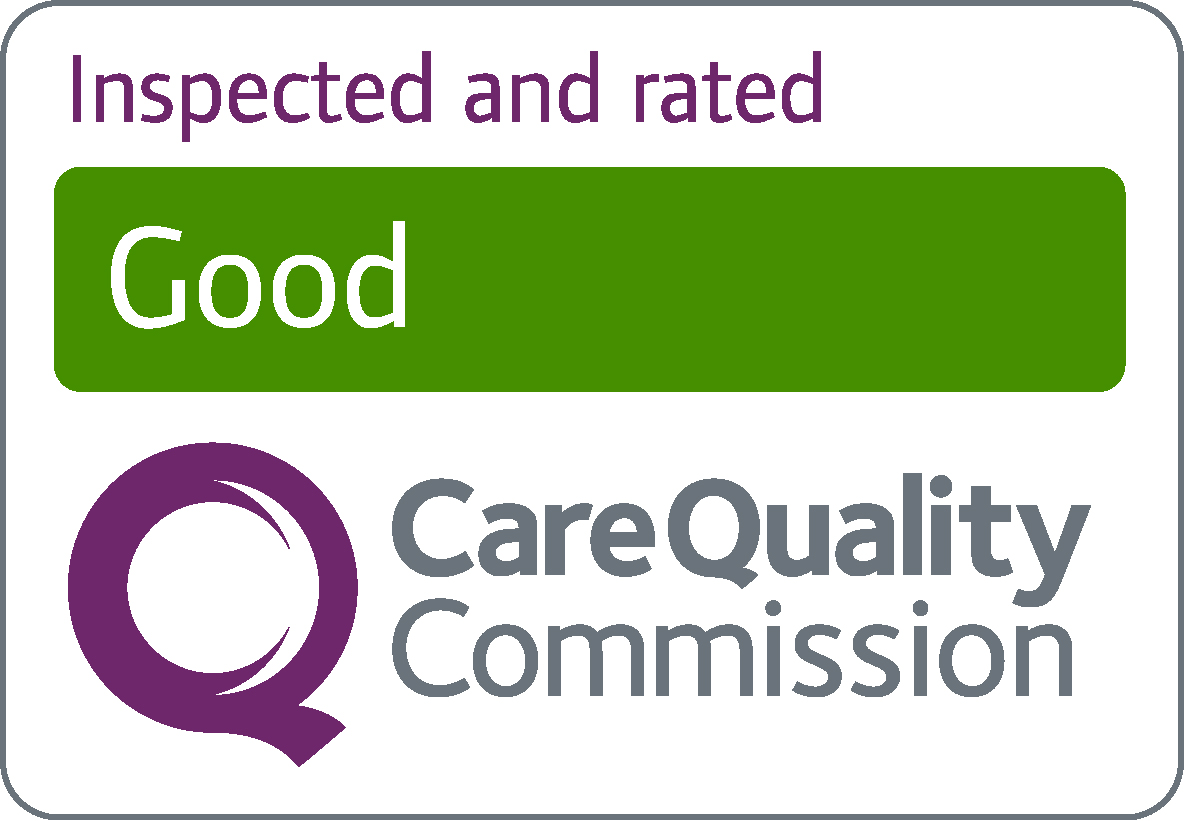August 27, 2025
Anaemia in Pregnancy: Diagnosis and safe treatment
Anaemia occurs especially frequently during pregnancy, when anaemia of iron deficiency is especially frequent. This is due to the fact that there are increased demands on the body. Low haemoglobin in red blood cells in pregnant women exposes the expectant mothers to numerous risks such as the ability of delivering oxygen to the unborn. In our Chequers Health, we assist mothers-to- be in the right diagnosis of the symptoms as well as safe and effective treatment.
Why anaemia in pregnancy is important?
The amount of blood in the body is raised by up to half during pregnancy and this heightens the dilution of the haemoglobin concentration. These along with already reduced amounts of iron or vitamin B12 or folate results in rapid progression of anaemia.
Unmanaged anemia may increase the risk of:
- Postnatal depression
- Premature birth
- Low birth mass
- Increased fatigability with poor post delivery recovery
Risks to Mother and Baby
To the mother:
- Fatigue exacting breathlessness
- Risk of transfusion of blood after surgery
- Stagnated healing of surgical wounds
In the case of the baby:
- Stunted development inura did not grow during pregnancy
- High prone to infections after delivery
More Research and Assessment
The antenatal visit are:
- Initial blood work – Pre booked bloods before 12 weeks
- Midpregnancy Evaluation- the levels of haemoglobin and ferritin were assessed at 28 wks
Symptomatic monitoring with reference to risk factors that have already been identified
It is conventional to monitor the following:
Full Blood Count commonly known as FBC
- Ferritin
- Vit B12 and Folate levels in case clinically necessary
- During Pregnancy Iron Replacement Therapy
Iron supplementationorally
- Thought to Question One pregnancy safe therapy
- Best used with a Vitamin C which assists in its digestion
- Minor side effects: dull pain, vomiting, and discolored bowel movements
- IV supplemental iron injection
- oral intake is ineffective, not tolerated, or because of severe anemia
- Has to be performed in an outpatient clinic or day surgery
- Modify diet:
- Consume more foods that contain iron: beef, poultry, beans and certain green vegetables
- During mealtime limit tea, coffee and too much dairy to facilitate absorption
How to address a specialist
Contact your midwife or GP when you have:
- Breath short shortness
- Lightheaded or dizziness
- Massive bleeding due to pregnancy
- Fatige or weakness, around and beyond the usual
- Pica (the desire to eat items that do not have nutritive value e.g. ice or soil)
Internal Links:
Out of this section, we should move to:
Anaemia Pictorial Timeline:
Iron foodstuffs Dietary Anaemia Management: under supervisory 7-day menus
FAQ Pregnancy Anaemia
Mild anaemia is quite common since the volume of blood raises, but it has to be monitored and treated.
Absolutely. Untreated anaemia presents danger to the foetus development and it also exposes the foetus to birth earlier than it should.
Absolutely. Iron tablets are commonly used during pregnancy, and when applied by the directions; then, it is safe to use.
Although taking iron rich foods and prenatal vitamins can help some, others would need other supplements.
It will take a few weeks before many people report that they feel better with the treatment, but iron therapy may be necessary until after giving birth.


